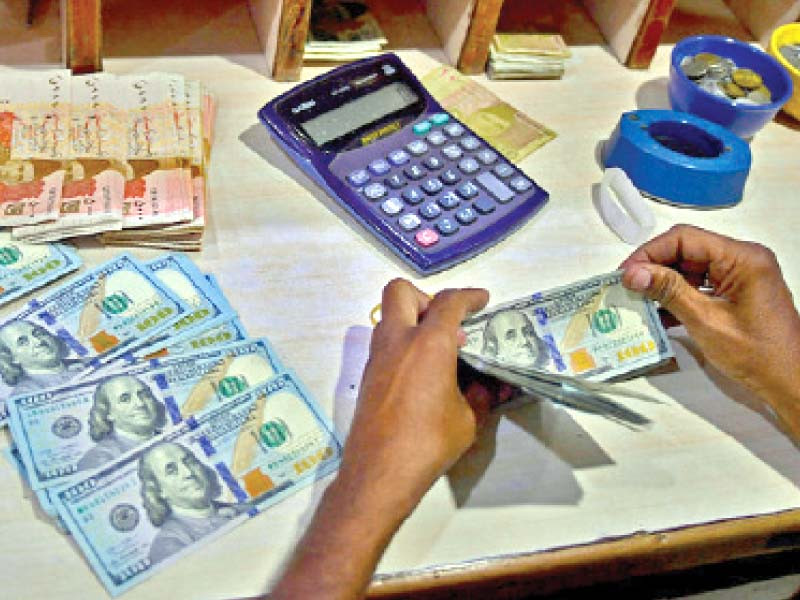
Investors have piled back into bonds in Pakistan and Argentina following cash infusions and optimism over multilateral support, but the two nations have secured only enough help to limp to autumn elections, experts said.
The rally in international bonds issued by the two countries has intensified over the past two weeks, seeing returns on Pakistan’s bonds soar to above 45% and Argentina’s close in on 30% year-to-date, making them some of the best performers in their asset class, according to JPMorgan data.
But the boost in the bonds belies the difficulties both nations face implementing major reforms once new leaders arrive after upcoming elections. “It’s not enough to resolve the country’s issues – not nearly enough,” said Carlos de Sousa, emerging market portfolio manager at Vontobel Asset Management said of Pakistan’s recent funding gains, adding Argentina’s challenges are also immense.
Pakistan’s 11th hour deal for $3 billion from the International Monetary Fund (IMF), after months of talks got official approval this week. Saudi Arabia and the UAE followed with $2 billion and $1 billion infusions.
This fresh cash means Pakistan is unlikely to default on its debt in the next six to nine months, said de Sousa. Elections in the politically volatile country must be held by early November.
Reserves remain precariously low at $9.8 billion as of July 7, only roughly two months of imports. JPMorgan pegs its external financing needs at greater than $30 billion.
Even in the near-term, Pakistan will have to stay on top of tricky reforms such as allowing its currency to move somewhat freely.
“Pakistan has a history of undershooting fiscal targets and the risk of fiscal slippage is high in an election year,” JPMorgan said in a note.
The real challenge for Pakistan, which is still recovering financially and physically from last year’s devastating floods, comes after the contentious elections, when it will likely need to secure a longer-term IMF programme. This will likely require punishing, and unpopular, cuts to food and fuel subsidies, increases to electricity prices and loosening controls on the rupee.
“It gives some space for them to be able to go through the political moment that they’re going through now,” said Roberto H Sifon Arevalo, head of global sovereign and international public finance ratings at S&P Global, adding “it’s still a very complicated political situation.”
Reflecting the challenges ahead, the Pakistan bond rally was heavily skewed towards shorter-dated maturities.
In Argentina, infamous for its chaotic cycles of debt and default, problems are even more deeply rooted. South America’s second-largest economy is teetering on the edge of recession, with inflation topping 100% and a currency that keeps depreciating in official and parallel markets. REUTERS
Published in The Express Tribune, July 16th, 2023.
Like Business on Facebook, follow @TribuneBiz on Twitter to stay informed and join in the conversation.


















COMMENTS
Comments are moderated and generally will be posted if they are on-topic and not abusive.
For more information, please see our Comments FAQ